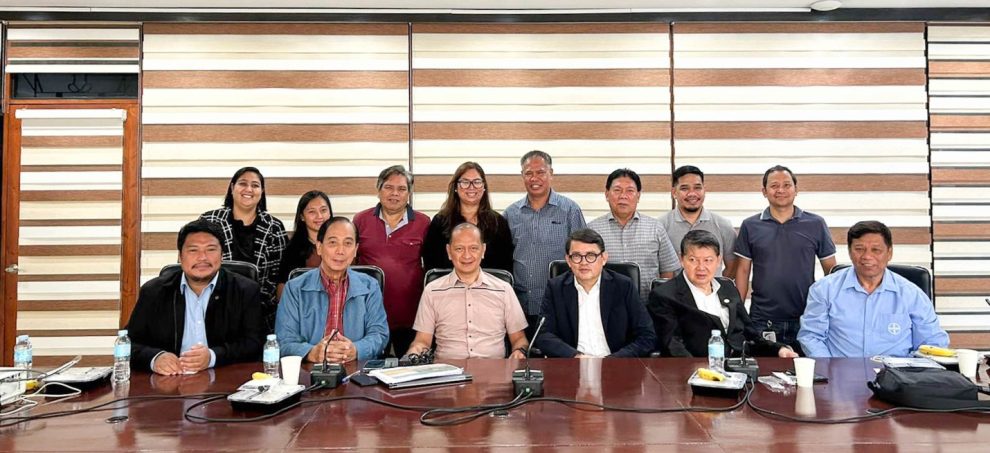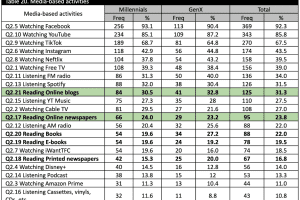Go Negosyo founder Joey Concepcion said that with looming competition as a result of the ratification of the Regional Comprehensive Economic Partnership (RCEP), it now becomes more urgent for big agricultural companies to integrate into their value chain the MSMEs in their sector. “This is what we are trying to push with Kapatid Angat Lahat sa Agri Program (KALAP),” he said. “KALAP aims to integrate small agripreneurs into the value chain of big companies in order for them to benefit from shared technologies and access to markets and mentoring.”
Concepcion shared that in a recently concluded meeting with some of the country’s biggest agricultural companies, it became clear that MSMEs will need the assistance of “big brother” companies in order to raise productivity and become competitive.
On the other hand, he said that the RCEP can be a good thing as it might spur meaningful changes in the country’s agriculture industry. “I have always adhered to competitiveness in price and quality in how I run RFM. When we compete in the marketplace in price branding and innovation, this benefits the consumers and this is what marketplaces are supposed to be,” he said. Concepcion is the President and CEO of RFM Corp., one of the country’s largest food manufacturers.
“With RCEP, what we want to see is that, hopefully, consumers can buy food at the lowest possible prices, but at the same time we have to protect micro farmers,” he said “We support RCEP, but the overall objective is for Philippine products to become competitive in price and in quality.”
The RCEP is expected to have a significant impact on ASEAN member states, as it will further integrate their economies with those of the other RCEP members. With the RCEP, ASEAN countries will gain greater access to the markets of China, Japan, and South Korea, which are some of the world’s largest economies. This will provide new opportunities for ASEAN businesses to expand their reach and increase their competitiveness.
But while it is seen as a significant leap forward in the economic integration of the member-countries, Filipino farmers have expressed fears that they may not be able to compete with their peers in the RCEP.
“In my past meetings with the big-brother companies in agriculture, it was revealed that much needs to be done to raise the productivity and quality of our agricultural products,” Concepcion said. Some of the areas that need improvement in productivity cover key agricultural crops like rice, corn and sugar.
Concepcion added, however, that it has also been shown, especially in the experience of Lionheart Farms in Palawan and Universal Leaf in Ilocos, that small farmers can be successfully integrated into the value chain of big corporations and benefit from their technology and their processes to help make them more productive. “Things like weather forecasting and soil analysis; some of the big-brother agri companies have been using these for years and it would benefit small farmers if they can access these same technologies,” he said.
Local government support is also seen as an important factor in KALAP’s success. Concepcion said he hopes to launch the program along with President Ferdinand Marcos Jr.












